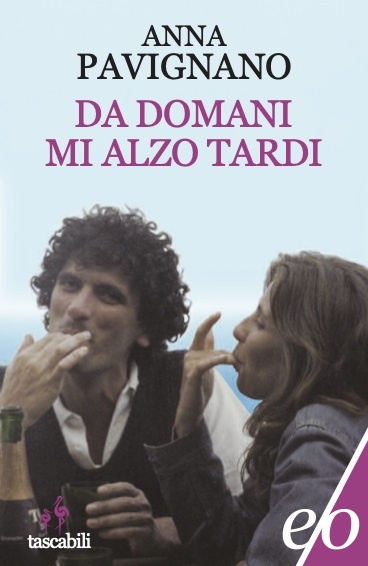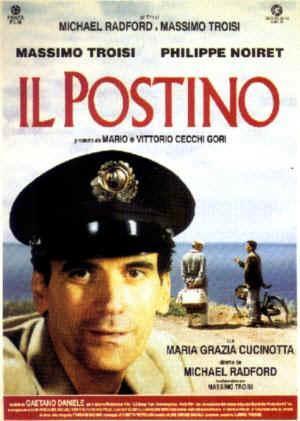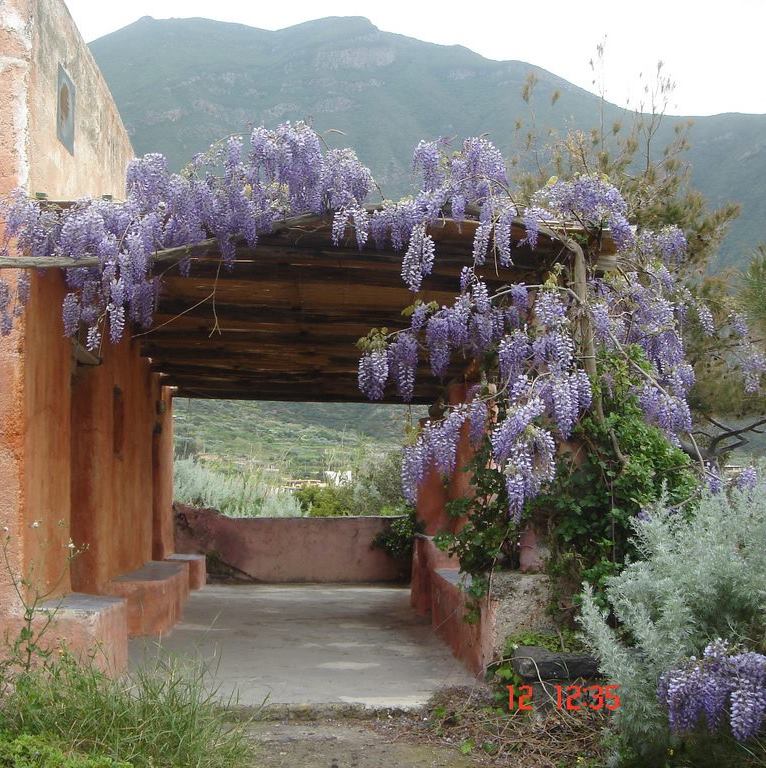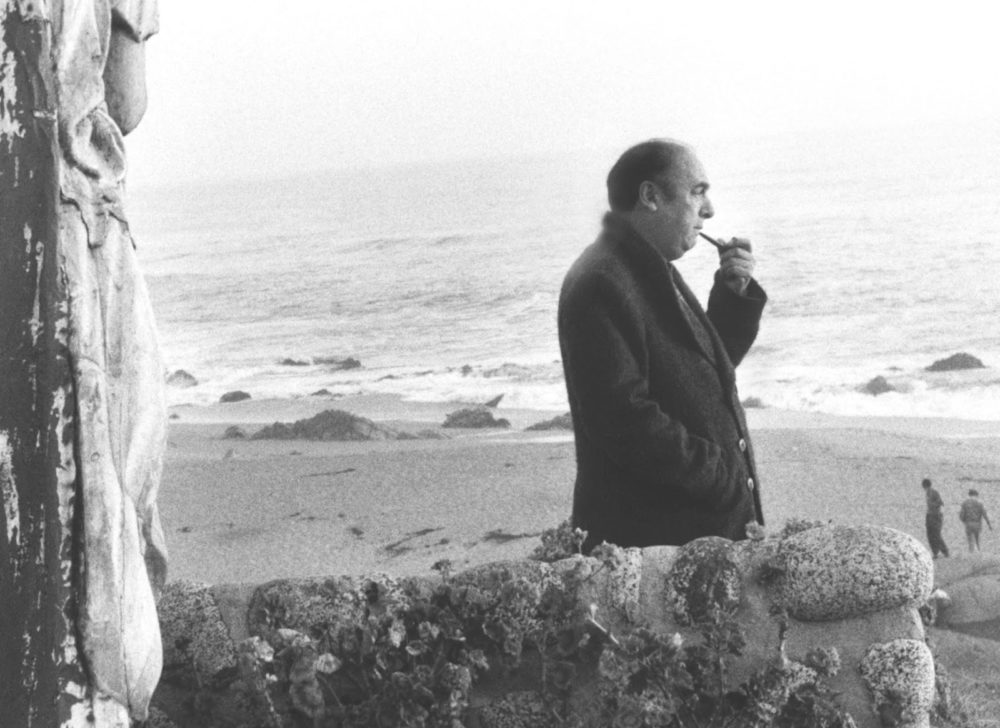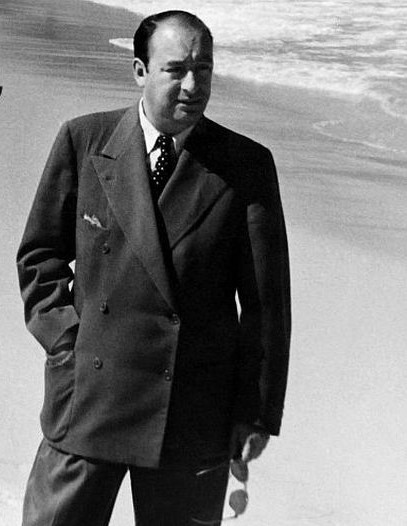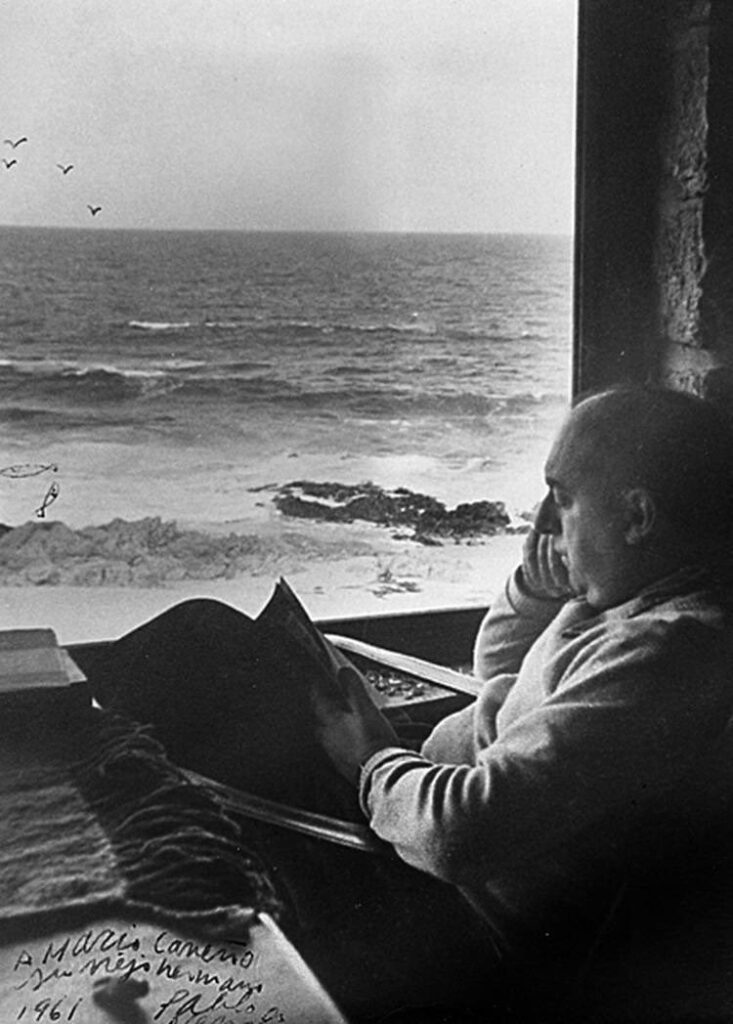
Writer and screenwriter. With Massimo Troisi, she writes several four-handed film scripts. The film “Neruda’s Postman” (1994), was nominated for an Academy Award, in various categories. As a writer, she has published ten novels, one of the most widely read by the public is “Da domani mi alzo tardi” (2009).
Neruda in the Italian cinema: The Postman (1994)
Antonio Skármeta wrote “Neruda’s Postman” in 1986 and in 1994 Michael Radford directed a film based on the book starring Massimo Troisi. This film had 5 Oscar nominations: Best Direction, Best Leading Actor, Best Non-original Screenplay, Best Production, and the statuette was won by Luis Bacalov for Best Soundtrack.
I had the opportunity to meet Antonio Skármeta in Italy, at the Turin Book Fair, after having first met him in the pages of his novel, when I made – together with Massimo Troisi and Michael Radford – the film adaptation. I kept the memory of a kind, gentle person and it seemed to me that the man corresponded perfectly to the artist, that the book belonged to him like his serenity, his smile, his lively gaze and the wonderful language in which he spoke, but which I did not understand. In this way, it was a meeting of sensitivity, of assumptions, of facial expressions that, however, left an unforgettable mark on me.
Nobody better than him could have narrated the private Neruda, nobody could have taken us to his house in Isla Negra, show it while he dances with Matilde or cooks with an onion in one hand and a knife in the other, transforming everything into poetry. And follow him later in his disenchantment at the news of the Nobel Prize, appreciated, but received with modesty, without self-celebration or vanity. He restored us to the man capable of listening to the forgotten, the same man who carried with painful empathy the voice of the miner, “a faceless creature, a mask of sweat, dust and blood” that he himself saw emerge from the viscera of the Chilean land. A simple postman, not very cultured, but with a keen sensitivity and many ideals, thanks to Skàrmeta’s pen he becomes the poet’s best confidant, the one who asks for consolation in exile, begging him to send him the sounds of the island. I have always wondered if that postman ever existed and, if not, in what fold of reality the author was inspired to invent such a true and credible character.
Massimo Troisi had an acute sensitivity, was a poetic soul, an author, a director, a talented Neapolitan actor, who in Italy is considered heir to the genius of Eduardo de Filippo. Troisi reads the book and falls in love with him. Precisely the idea of peering into the less obvious aspects of the soul of the Poet, being able to give reality to the life that hides behind a verse and, even more, to the beautiful but blinding light of the most prestigious prize in the world, the Nobel, led Troisi to the desire to make it the masterpiece of his own artistic and personal life. Of course, he could not foresee that the film would have wings so strong that it would fly abroad and reach the Oscars, but he put all the ingredients to make it exceptional: talent, passion, professionalism to which fate added a cross that Massimo embraced with courage and determination.
In the film we see everything, not only the artistic product, but the soul, which appears naked on the screen, as if the image, the hollow face, the slim body, were only the material medium of the impregnable interiority that permeates the character. “The Postman” was Massimo Troisi’s last film: he shot with the last force that a heart gave him awaiting a transplant. He stubbornly refused to postpone filming, to interrupt when he felt tired. One Friday in June he finished his work, greeted everyone, took the classic photo at the end of filming and said, “Don’t forget me.” On Saturday afternoon he fell asleep and left.
“The Postman” seems to unconsciously contain his own future, he has a sense of pain and the end of things that starts from the fiction of the story and the film to continue in real life in a resounding way. Fiction is painfully confused with reality. But in the film there is not only sadness, it is also governed by smiles and poetry, the same ingredients of the book, although the adaptation required many changes. A change of time, from 1973 to 1952, of the environment, from Chile to Italy, from the age of the protagonist who, from being a seventeen-year-old youth, becomes an ageless adult, but with dreams and aspirations intact and pure. Adapting the novel was fascinating. While the Postman, a character born of the writer’s creativity, allowed more freedom, Neruda asked for a job that had to be respectful of the greatness known to all. It was not always possible to make use of the novel’s dialogues, because many of the elements that make the character great on paper are narrated and not dialogued. How to make the poet speak in the film while still being at his height? The solution was “I confess that I have lived”, written by Neruda himself in first person.
Deepening in the words expressed by the Poet it was possible to build his dialogues. The character of Mario Jiménez, who in Italy becomes Mario Ruoppolo, in the novel has the freshness of youth, but finds its vivacity in the talent of Massimo Troisi. There are many licenses that must be taken to transform a good book into a good movie, such as inserting more than one fictional narrator in the story and forgiving yourself. However, there was an element in ‘Neruda’s Postman’ that really needed to be respected, the poem that in the end is saddened by the death of Pablo Neruda, which occurred during the Pinochet coup.
Yes, it was a fictional storyteller, but the poet certainly could not die twenty years in advance. Thus, to preserve the sense of loss that permeates the end of the story, it was inevitable that the Postman would die and that the condolences that are his in the novel would be instead of the Poet: Pablo Neruda, returning to the island where all the events had taken place, he discovers that his friend and confidant is gone forever. But there is his son, who was orphaned before he was born and who bears his name, Pablito. Unfortunately, that sense of death came out of fiction and into reality, with the death of Massimo Troisi a truly unfathomable void was created for all of us who knew him and for the public who loved him. Seeing this movie comforts us and at the same time it still hurts us to this day.
